A Legal Guide
Selecting the ideal executor is a pivotal decision for anyone planning their estate in Texas. This choice determines the efficiency and effectiveness of estate management posthumously. In Texas, the executor’s role is governed by specific statutes, making understanding these laws paramount in making an informed decision. Let’s look at the strategies for choosing the ideal executor in Texas.
Imagine you’re at a family BBQ, the kind where secrets are spilled more freely than the lemonade. Amidst the laughter, your Uncle Joe, always the jester, declares he’d make the best executor for any estate, claiming he can balance a checkbook blindfolded. This gets you thinking: what does it really take to choose the ideal executor for your estate, especially under the watchful eyes of Texas law?
Strategies for choosing the ideal executor
Is like selecting a captain for your ship, ensuring it reaches its destination even when you’re no longer at the helm. It’s a decision that blends personal trust with legal savvy, a choice between the familiarity of family or the expertise of a professional. Why keep reading? Because we’re diving deep into the world of executors, from the qualities that make one stand out to navigating the complexities of Texas law, and even how to dodge potential family feuds over your choice.
In this playful exploration, we’ll uncover the strategies for choosing the ideal executor for your Texas estate. It’s a guide packed with anecdotes, easy-to-follow advice, and a sprinkle of humor to make the legal medicine go down smoothly. So, whether you’re leaning towards Uncle Joe or a seasoned professional, stick around. You might just discover the secret sauce to estate planning success.
Understanding the Role of an Executor
The executor acts as the personal representative of your estate. They are tasked with settling debts, distributing assets according to the will, and ensuring that all tax obligations are met. The complexity of this role cannot be understated, especially within Texas’s unique legal framework.
Qualities to Look for in an Ideal Executor
An ideal executor exhibits reliability, honesty, organizational skills, and effective communication. These traits are crucial, given the executor’s extensive responsibilities, including navigating Texas probate law, which can be intricate and demanding.

Family Members vs. Professional Executors
The choice between family members and professional executors involves careful consideration of several factors. While family members may have a personal stake in the estate, they might lack the necessary legal and financial acumen. Professionals, such as attorneys or banks, bring expertise but may lack a personal connection to the family. Balancing these factors is essential, particularly in light of Texas’s specific requirements for executors.
| Family Members as Executors | Professional Executors |
| Pros | Pros |
| Personal connection and understanding of the family dynamics. | Expertise in legal and financial matters. |
| Potentially lower costs as they may waive fees. | Impartiality, which can reduce family conflicts. |
| A sense of duty to honor the deceased’s wishes. | Professional experience in estate administration. |
| Cons | Cons |
| May lack expertise in legal and financial matters. | Higher costs due to professional fees. |
| Potential for conflicts of interest or family disputes. | Lack of personal connection to the deceased and family. |
| Might be overwhelmed by the duties, leading to delays. | May not understand family values or the deceased’s personal wishes as intimately. |
Legal and Financial Responsibilities of an Executor
Under Texas law, executors have a fiduciary duty to the estate’s beneficiaries. They must manage the estate’s assets prudently, settle debts, and distribute the assets as specified in the will. Executors must also navigate Texas probate procedures, a task that demands a thorough understanding of state-specific legal processes.
The Impact of State Laws on Executor Selection
Texas law sets forth qualifications for executors, including age and mental competency requirements. Additionally, Texas probate code may disqualify certain individuals based on their criminal history or residency. Awareness of these laws is crucial when selecting an executor to ensure compliance and prevent potential legal challenges.
Steps to Choose the Right Executor
Identifying potential executors involves evaluating their capabilities against the backdrop of Texas law. After listing candidates, assess their qualities, knowledge of Texas probate law, and willingness to serve. This process helps pinpoint the most suitable individual for the role.

Potential Challenges and Solutions
Common issues include conflicts of interest or the executor’s inability to perform their duties effectively. In Texas, these challenges can be mitigated by appointing a neutral party as executor or by clearly defining the executor’s responsibilities and powers in the will. Legal counsel can offer strategies tailored to Texas statutes, ensuring a smooth probate process.
Compensation and Expenses for the Executor
Texas law allows for the compensation of executors, acknowledging the complexity and time commitment of their role. Understanding the norms for executor compensation in Texas can facilitate discussions about expectations and responsibilities from the outset.
Communicating Your Choice to Family and Beneficiaries
Clear communication with your family and beneficiaries about your choice of executor can prevent misunderstandings and disputes. This conversation should include the reasons for your choice and an overview of the executor’s duties under Texas law, fostering transparency and acceptance.
Alternatives to Individual Executors
Texas estate planning also accommodates the appointment of co-executors, successor executors, or corporate executors. Each option has its own set of legal implications and logistical considerations, from shared responsibility to professional management. These alternatives can provide flexibility and expertise, particularly in complex estates.
Preparing Your Executor for Success
Equipping your executor with the necessary documents, information, and legal guidance is crucial. In Texas, this preparation includes understanding probate procedures, estate tax obligations, and the management of assets. Proper preparation ensures your executor can navigate the legal landscape effectively.
Reviewing and Updating Your Executor Choice
Life changes may necessitate revisiting your executor choice. Regularly reviewing and potentially updating your executor ensures that your estate plan remains aligned with your current wishes and circumstances. This is particularly important in Texas, where changes in law or family dynamics can impact estate planning.

And there you have it, folks!
The grand tour through the maze of selecting your estate’s next top executor, Texas edition. It’s like choosing the right pilot for your spaceship as you venture into the great unknown of the afterlife. Will it be Cousin Sally, who can’t even keep her plants alive, or Mr. Smith, the attorney with a heart of gold and a brain for legalese?
Strategies for choosing the ideal executor
Is a journey filled with twists, turns, and a bit of family drama. But armed with the right strategies, you’re now ready to make that choice with confidence, ensuring your legacy is as sturdy as a Texas oak. Remember, it’s not just about picking someone; it’s about picking the right someone who can steer your ship through calm and stormy waters alike.
So, whether you’re leaning towards a family member who knows you better than you know yourself, or a professional with a filing cabinet for a brain, the choice is crucial. And if you ever find yourself doubting, just think back to Uncle Joe at the BBQ, and remember: it’s all about balance. Thanks for sticking around, y’all. Here’s to making choices that make Uncle Joe proud, even if he’s not the one balancing your estate’s checkbook.

Other Related Articles:
- How To Choose the Right Executor For Your Texas Estate
- How To Choose the Right Probate Attorney In Texas
- Unlocking the Mystery: How Long Does an Executor Have to Settle an Estate?
- Does an Executor Have To Show Accounting to Beneficiaries?
- Ordering Certified Letters of Testamentary as an Estate Executor
- The Basics of Texas Probate: A Guide for Executors and Heirs
- Can an Executor Cheat Beneficiaries?
- Can an executor refuse to sell a house?
- Securing Your Legacy: Why Drafting a Will is Vital for Your Estate
- Can an executor do whatever they want?








